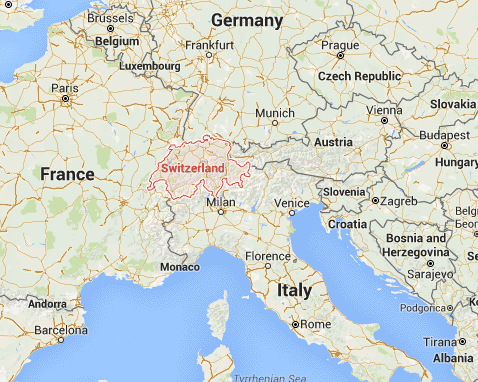AU PAIR CULTURE QUESTS
NEW ZEALAND
Oceania
Capital: Wellington
Languages: English, Māori
Diet
- Many young people in New Zealand eat meat.
- Vegetarianism is common.
Religion
- The most common religions in New Zealand are Catholic, Anglican, and Presbyterian.
- Most young people in New Zealand do not practice their religion regularly.
Telephone & Internet
- Homes have telephones and a computer with access to the Internet.
“By inviting a person from another country to join our family, live with us, and learn about our culture, we actually learn so much about ourselves, how our own culture and way of life appear through the lens of someone new.”
Belle, host parent
Massachusetts
“The flexibility the program affords us is outstanding. With other child care options, I always felt I was accommodating their schedule instead of my own.”
Jill, host parent
New Jersey
[Aupair-with-baby-in-SB.jpg]

 Flag of New Zealand
Flag of New Zealand 

 Flag of South Korea
Flag of South Korea 

 Flag of Spain
Flag of Spain 


 Flag of Sweden
Flag of Sweden 

 Flag of Switzerland
Flag of Switzerland 

 Flag of Thailand
Flag of Thailand 

